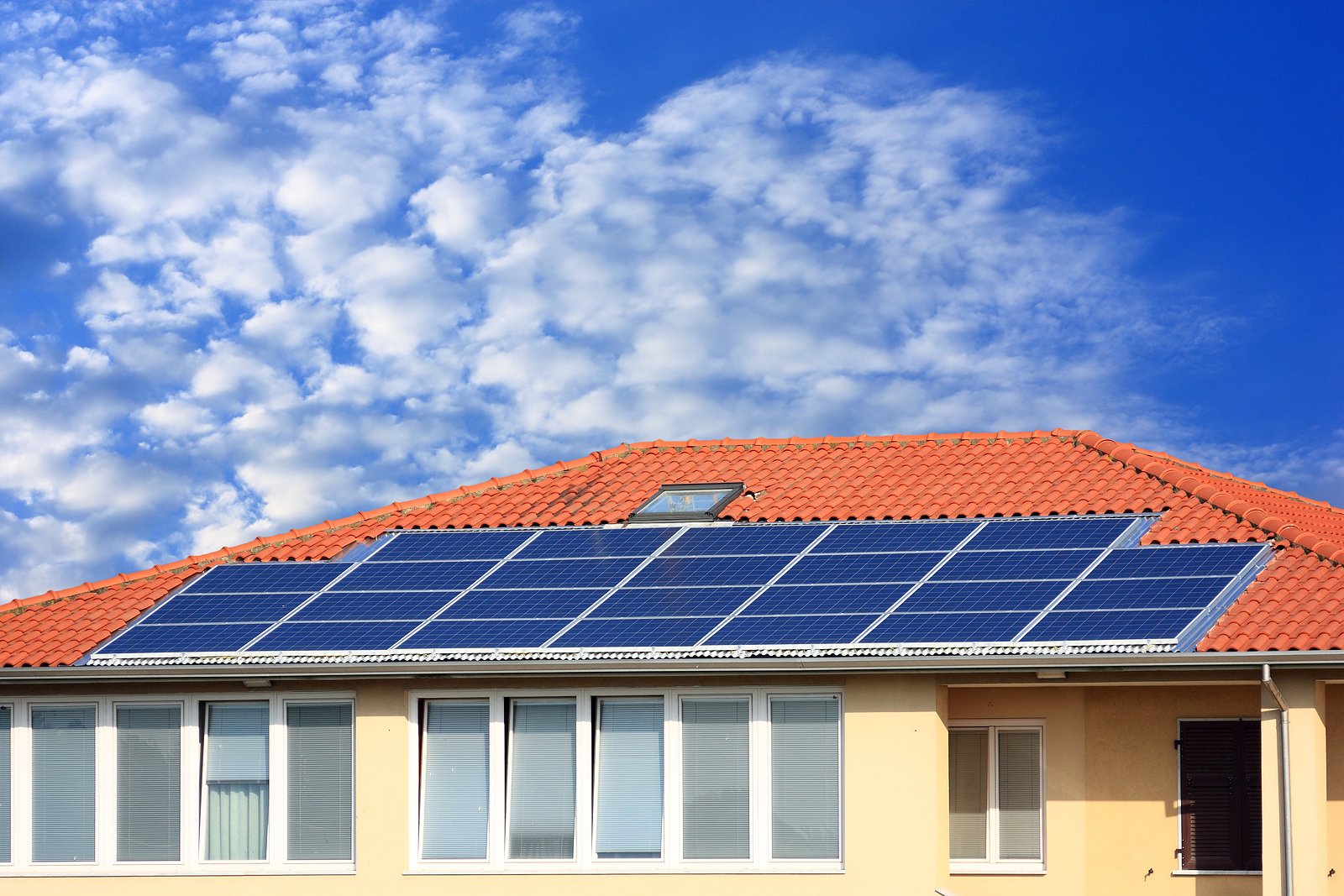How Often Do Solar Panels Need to Be Replaced?

Solar panel systems are a cost-effective energy solution. Installing solar panels can reduce your electric bill significantly while allowing you to enjoy clean and reliable energy. Plus, they require minimal maintenance since they do not have moving parts. So, how often do solar panels need to be replaced?
Solar panels can last between 25 to 30 years or even more. Generally, their lifespan depends on their quality and maintenance routine. Often, manufacturers offer up to 25 years of warranty.
While the standard lifespan is 25 to 30 years, you may need to replace the panels earlier if they get damaged, or performance declines. According to The U.S. Department of Energy, most solar electric systems pay for themselves within 8 to 10 years. This means you need not wait 25 years to replace a panel if you can upgrade to a new one for increased performance.
Degradation of Solar Panels
Even though the solar energy-absorbing strip within the panel is very thin (roughly the thickness of a human hair), it's surrounded by tempered glass, making it sturdy enough to withstand harsh weather, including hailstones and storms better than a shingled roof.
Nonetheless, under normal conditions, the panels' efficiency decreases by about 0.7% yearly. Universally, the panels are designed to perform above 80% efficiency. If no factors aggravate the degradation, the panel should serve you for up to 40 years before it falls below 80% (0.5% x 40 = 20%).
But harsh weather (flying objects during storms, hailstones, etc.) and other external factors are generally inevitable. As a result, the panels' efficiency may decrease faster than expected, which is why they're estimated to perform optimally for 25 to 30 years.
Other Factors Affecting How Often Solar Panels Need to Be Replaced
Generally, besides the age of the panel, other factors may affect how often your solar panels need to be replaced. Some of them include:
- Low output and performance
- Structural damage
- Discoloration
- Poor panel quality
Low Output and Performance
The output of solar panels declines with age. At about 20 years, a well-maintained system should perform at 90%. If you measure the panels' output, find it's below that rating, and prefer a higher efficiency system, it may be time to replace it.
Structural Damage
Severe storms and flying debris can degrade solar panels faster. Though the panels are surrounded by tempered glass, which helps minimize damage, the impact can cause cracks. While some damage can be repaired to boost performance, if water leaks through the cracks, it could damage the batteries, requiring replacement.
Discoloration
If water and dirt get inside the panel, it may corrode, leading to discoloration. This often results in uneven temperature distribution, ultimately affecting the energy output. Whenever this happens, a replacement is always necessary.
Poor Panel Quality
Sometimes manufacturers might fit the panels with poor quality components to cut costs. In this case, their energy output can be lower than expected. If you experience this problem with relatively new panels, you could have the counterfeit parts replaced with genuine ones.
Contact Cooper Roofing & Solar for a Solution to Your Solar Panels Issues
Generally, well-maintained panels should last you up to 25 years before requiring replacement. But you could replace them sooner if they get damaged or performance drops. And, with most systems paying for themselves within 8 to 10 years, replacing the solar panels at an earlier stage is never a loss.
Remember to rely on us if you need your panels inspected or replaced. As roofing and solar experts, we can customize a solution to fit your situation. Call Cooper Roofing & Solar at (702) 668-7940 or fill out our contact form and let us know how we can help you.

